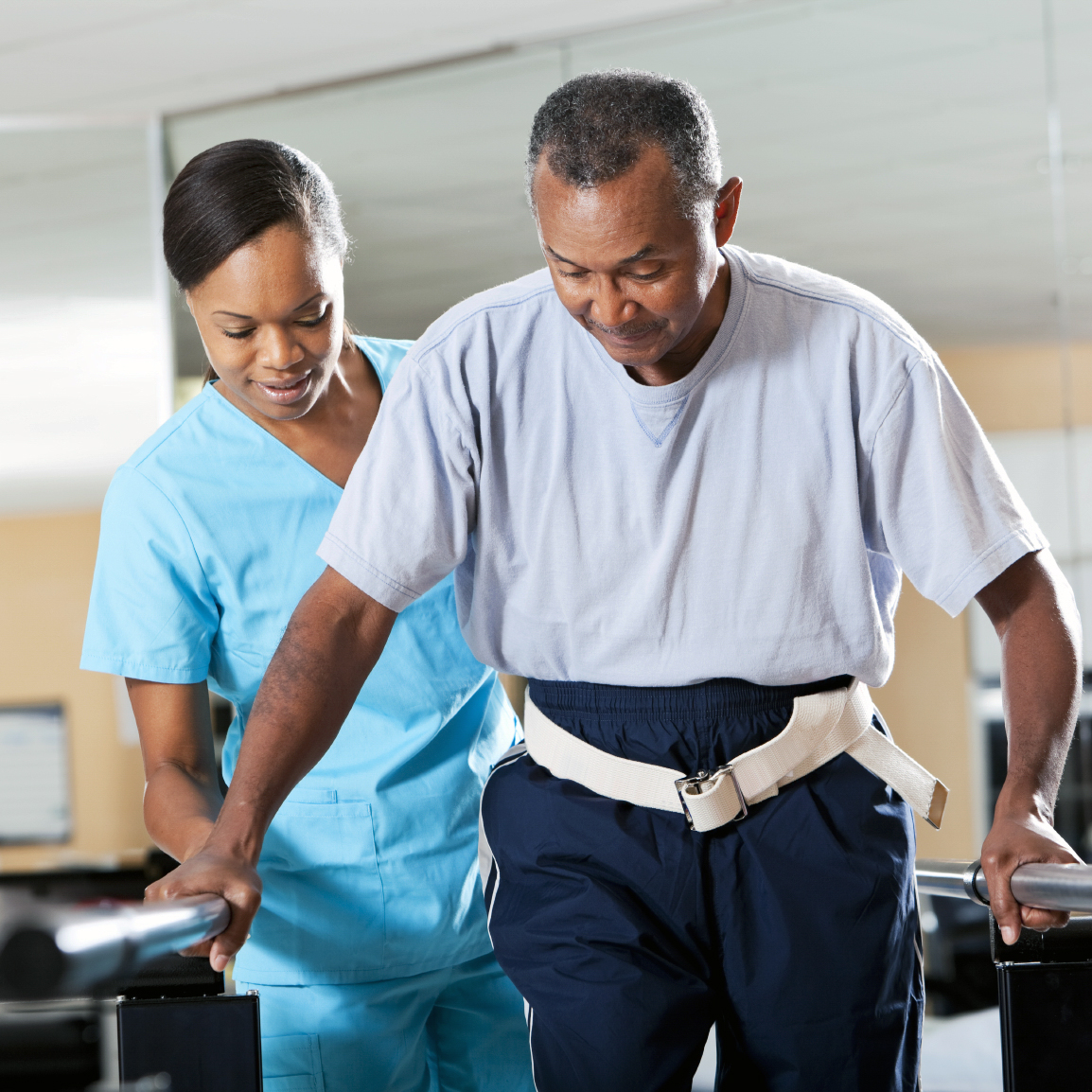- Assess for possible new illnesses. You may have experienced a variety of symptoms before your fall. It is a good idea to let your doctor know what you were experiencing and how quickly these changes occurred before your fall.
- Review your blood pressure and pulse reading while sitting and standing. This is very important, especially if you felt lightheaded before you fell. If you have blood pressure issues, you should request that your doctor makes sure you are not experiencing a drop in blood pressure when standing.
- Request blood tests. If you have problems with your blood count, it can be exacerbated by a fall. If you have diabetes, keep your glucose log handy as well, since low blood sugar can cause falls but it may not always show up on a blood test.
- Review all your medications. No magic pill keeps you healthy. As you age and your body changes, the effects of your medicine may actually increase your risk of falls.
- Watch how you walk. Your doctor can assess if you are having issues with your gait and balance. You might have some aches and pains causing problems with your balance and resulting in a fall.
- Evaluate for possible heart conditions or neurological conditions. It is possible you have developed a chronic problem within your heart or your blood pressure system. It might be an indication of a chronic neurological condition such as Parkinson’s disease.
Healing After a Fall

Healing After a Fall
Dealing with the bruising and aches after a fall is not only painful but can also put a damper on your sense of independence. Falls will sometimes occur even with all the preventative actions you can take. Stumbling over a pet or a piece of awkward furniture, or even missing a step may be common reasons to have a fall. In the case of seniors, however, there may be other reasons that could indicate more significant issues.
Preventing a fall is helpful. Yet, what you do afterward can be just as, or more, important than any preventative measures you take. It is crucial that you seek a medical assessment after a fall as it might be a sign of a new or severe medical condition that needs treatment.
At Wesley Enhanced Living, we understand that healing quickly after a fall is critical to your overall health. Our rehabilitation and skilled nursing services can help you heal and regain your strength, so you can live your life unencumbered.
6 Items You Should Have Checked After a Fall
Get your life back after a fall when you have your doctor dig deeper and:
